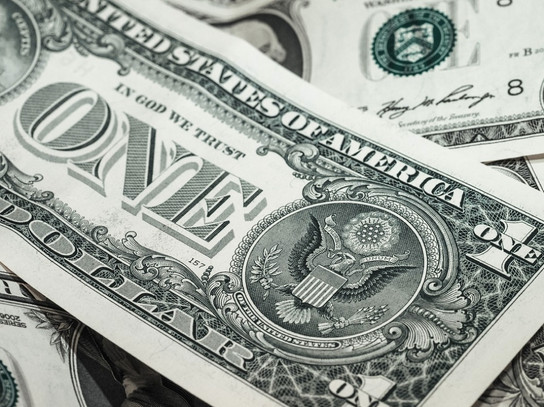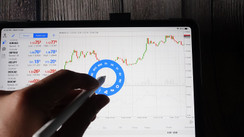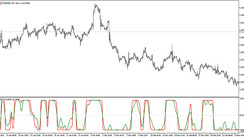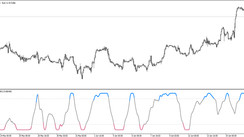History is full of crucial decisions made by a variety of reasons. Some significantly affect the global economy, while others are quickly forgotten.
However, there is a particular policy has shaped the modern world to the extent that's almost impossible to replicate.
The Start
Money is nothing but a tool of war for those who dream of empires. That's true during the industrial revolution and 'it's true now. During the age of the gold standard, the U.K. applied monetary pressure to other nations to protect the empire. Nowadays, China has been accused multiple times of currency manipulation to favour their export industry. But these two nations aren't the only example. During the Cold War, several countries engaged in currency exchange manipulation as the U.S. and the USSR fought satellite wars.
Then, in the early 1990s, the Bill Clinton administration mentioned that a stronger Yen would be in the interest of the U.S. And that comment represented the straw that broke the camel's back. The USD dropped by over 10 points and forced a G7 meeting. During the meeting, central bankers from the G7 agreed that demilitarisation of the forex market is needed.
Thus, U.S. Treasury Secretary Robert E. Rubin stated in December 1994 that a strong dollar is in the U.S. and the world's best interest. Moreover, he also noted that the greenback 'won't be used as a weapon anymore. And that's how the policy was started.
Strong Words And Dollar
Since its inception, the U.S. dollar has transformed into a staple in the forex market. By having a strong and stable dollar, all other nations can count on the United States to provide a benchmark, and haven whenever the global economy looks gloomy.
In theory, there are serious problems with keeping a currency overvalued for an extended period.
The biggest problems are related to foreign investments, local competition, and tourism. The U.S. managed to overcome some of these problems by positioning itself as the capital of the western world. Moreover, the American people also benefitted from this policy. Americans saw lower prices in foreign goods, low inflation (thanks to low prices), investors can buy foreign bonds at lower prices.
That said, there are still problems regarding competition by American firms. It's cheaper for these firms to produce overseas and then ship to the States, and that causes unemployment problems in low-skilled jobs.
Time for a change?
Over time, the strong dollar policy has become more of a promise than actual policy. The greenback has devaluated over time. But, U.S. Secretaries of the Treasury have asserted that the nation's goal has not changed and that the United States is committed to keeping the dollar strong. Both things are seen as signals that the U.S. is not manipulating its currency. What is doing is letting the market decide its price in a controlled way.
But times may be changing. During the most recent World Economic Forum, current U.S. Secretary of the Treasury, Steven Mnuchin, signaled that America is ready to change its mind. Secretary Mnuchin stated that America would benefit more from a weaker dollar. That caused a drop of 1% in the Dollar Index.
It remains to be seen if the U.S. will drop the strong dollar policy and how would that affect global markets. Until then, the dollar will be king.





